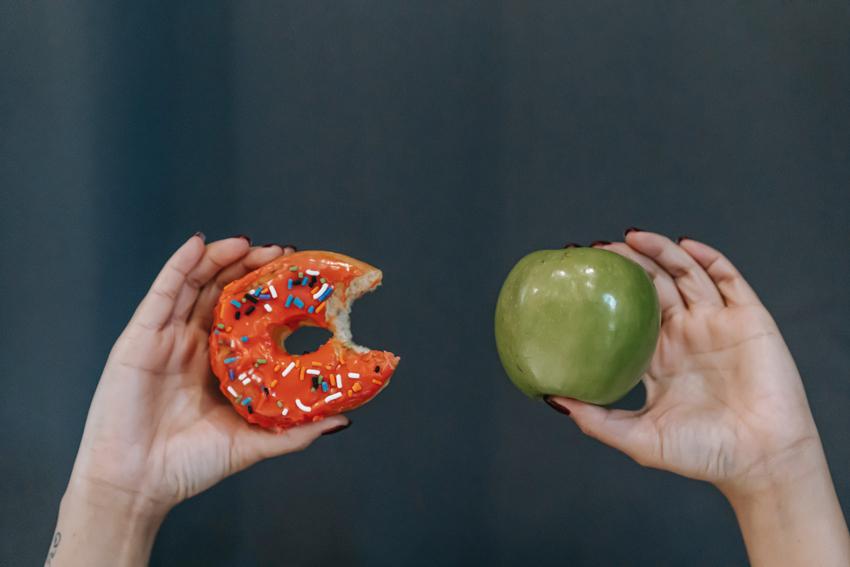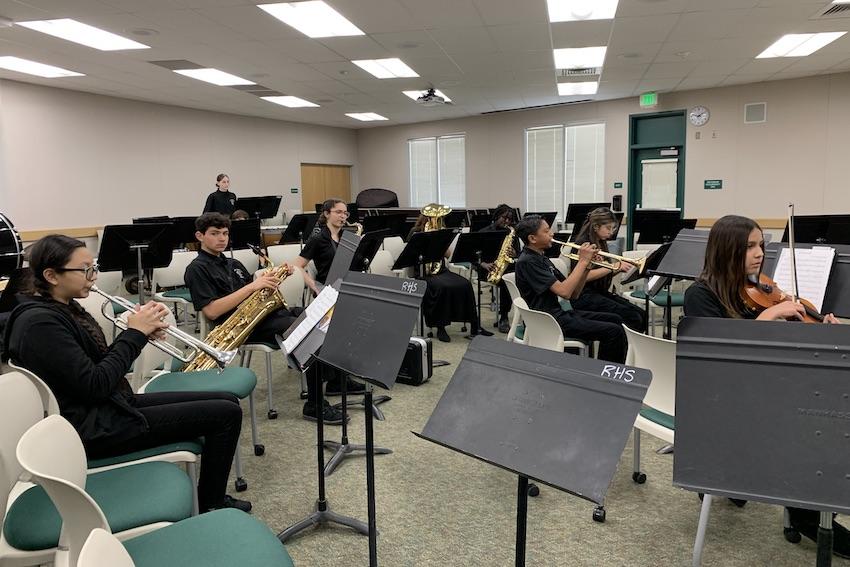Toxic effects on uninformed consumers raises concerns

What is a GMO? Cheetos, Doritos, Kraft Mac & Cheese? GMOs are genetically modified organisms. 75% of processed foods contain GMOs. GMOs don’t necessarily cause death, but can hinder the healing process. The way you eat in your later teens and early 20s can affect you the rest of your life.
Louis Smith, born in South Africa, was diagnosed with Leukemia at the age of 26. Now, he travels the world consulting individuals on living a better lifestyle and maintaining a healthy diet.
Smith explains his story with Leukemia and how it led him to where he is today.
“Well, when I was 26, I was diagnosed with Leukemia and I was given one year to live. After five years the doctors basically gave up on me and that’s when I went the health way,” Smith said. “I started researching health and nutrition and I discovered the food we are eating is total garbage and we need to become fanatics about it.”
Smith shares tips that high schoolers can implement into their diet.
“Only eat whole foods. Don’t eat anything in a box, packet or a can, and especially no frozen foods,” Smith said. “I have a saying ’80 percent good, 20 percent trash.’ Really try to change your diet and try to eat whole foods. Eat salads and not pizza or hamburgers. Don’t drink sodas, only water.”
According to pubmed.gov, animal toxicity studies have shown that certain GM foods have a toxic effect on organs and systems. Some GM studies indicate humans may experience renal and reproductive problems.
Smith explains why he thinks high schoolers should take care of their bodies.
[media-credit name=”Lois Smith” align=”alignright” width=”300″] [/media-credit]
[/media-credit]
“Well, your mouth is not a trash can; it’s the entrance to your body. Anything you eat today, you will see the consequences of those choices in seven years and it doesn’t have to be seven, it can be 27 years,” Smith said. “My grandson became 100% autistic. He went and got all of his vaccinations and then he suddenly became autistic, the vaccine completely destroyed his brain, and by changing his diet and his lifestyle, now he has no sign of autism. It took about eight years, but he is a brand new child today.”
Adam Temple, husband and father of three, informs people on GMOs and aids them in growing their own food. Temple explains his path of self-study on GMOs.
“I started looking into GMOs along my path and a lot of other things that are conspiracies,” Temple said. “I’ve had bad health issues since I was 25. These issues were related to bad digestion, and then I went down this long rabbit hole of a lot of healthy food, and along the way I figured out that GMOs could be contributing to my bad health.”
Temple shares his opinion on why people need to understand GMOs.

“If you care about your health, you must understand why people are using GMOs. This goes back to the 20th century. We started to change the way we farmed, we stopped doing crop rotations, and added fertilizer to our soil because it wasn’t healthy enough, which broke the farming system and it created The Dust Bowl in the 1930s which was disruptive for everybody. It was a big factor for the Great Depression,” Temple said. “We’re headed towards the same thing right now; I believe it was the UN that said in two generations our soil will be completely unusable for farming. I would say take GMOs seriously, and researching takes time and for that you need to care. For people who don’t care I have no words for them.”
“GMOs were a way to keep plants working in bad soil, so you need to keep messing with the DNA of a plant for it to work with soil that doesn’t have enough nutrients. If the soil is really healthy it can grow anything but once you put in the NPK fertilizers it pulls up the nutrients from the soil and it leaves the soil in a worst state,” Temple said. “You get a really good yield for a couple years then the soil is in more disarray so you need to put in more pesticides and GMOs. You start to see soil like you see a vineyard in Fresno: it’s mostly dusty, no nutrients, no bugs, there’s no fungus, no bacteria, and for healthy soil you need all of that.”
Two of the most commonly known GMO’s are corn and soy, used in a variety of ingredients like corn syrup. Reading labels and choosing organic based foods can reduce your intake of GMO’s. Many restaurants have included healthy alternatives to their menu’s and the organic food options at grocery’s stores continue to grow.
Next time you’re consuming food, think about what you’re eating. Inform people about GMOs so others have the power of information to lead a healthy lifestyle. For further reading, check out this link.
To read more by The Feather, go to Movie Review: Dune Part One or 2021 Christmas Community Events.


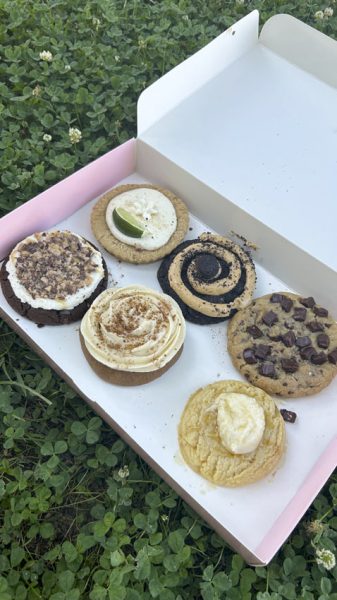






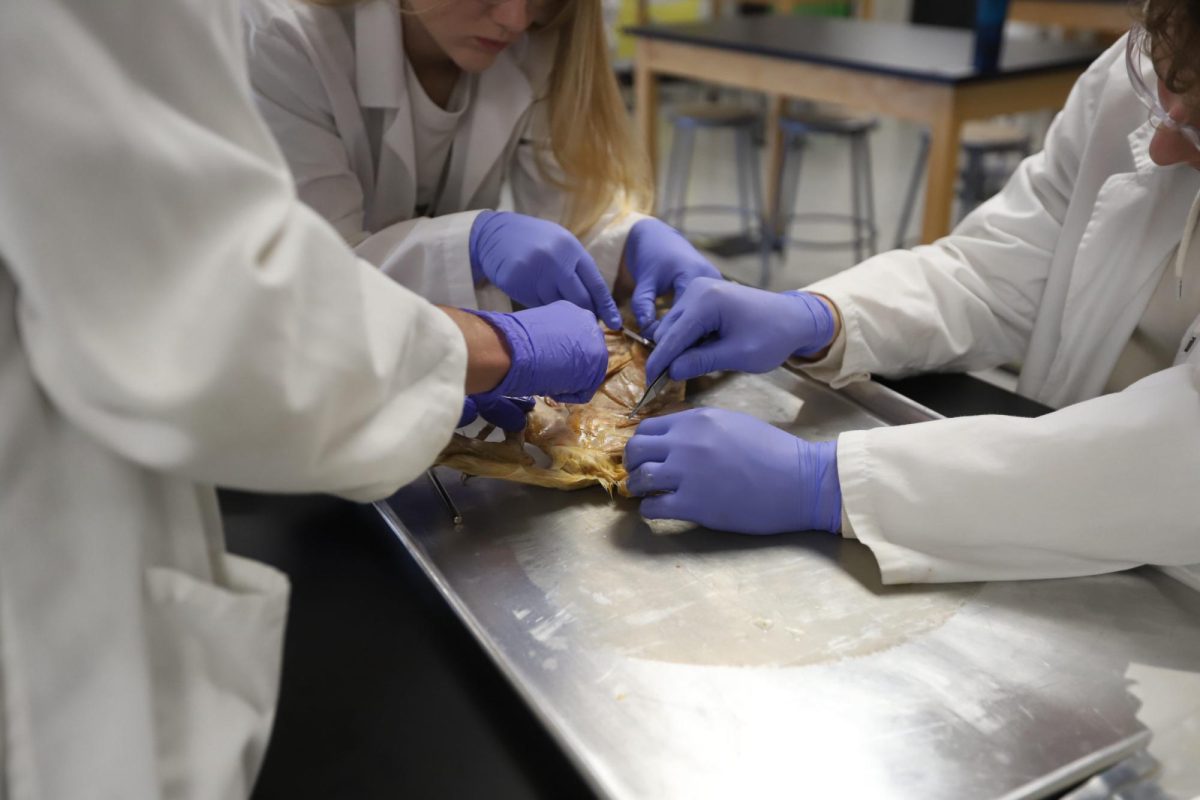
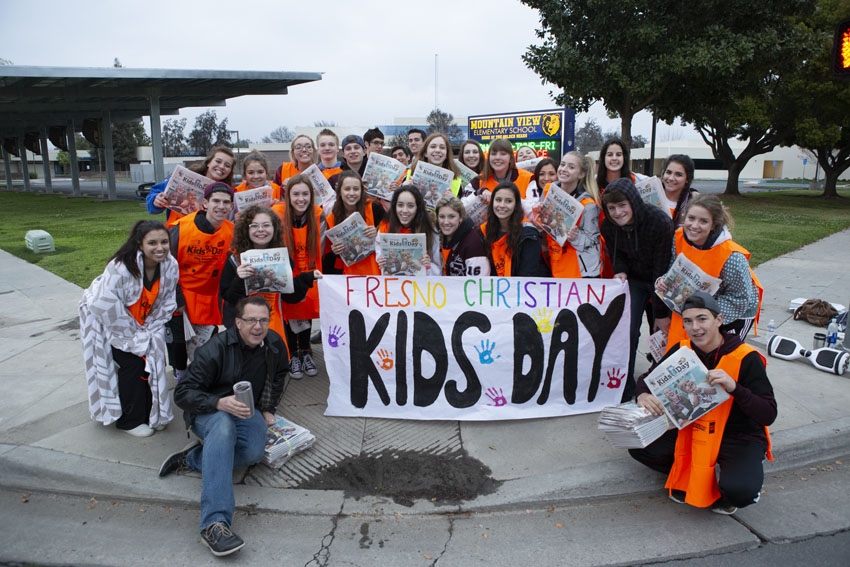
![[Video] 100th CSPA Spring Journalism Conference](https://thefeather.com/wp-content/uploads/2024/04/20240308-cspa-crown-002.jpg)
